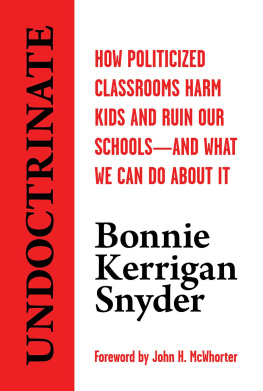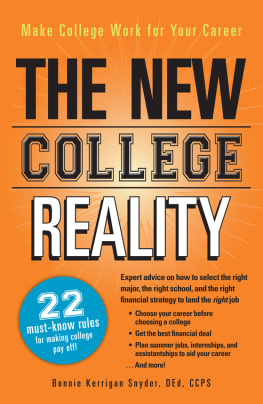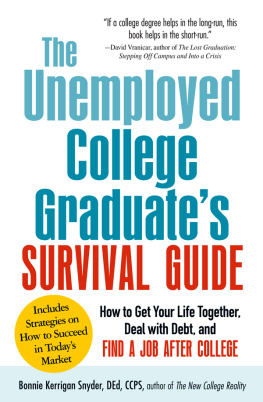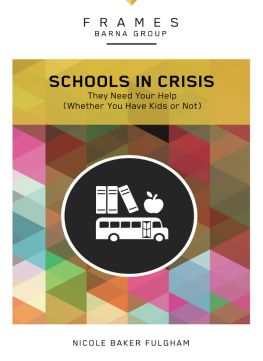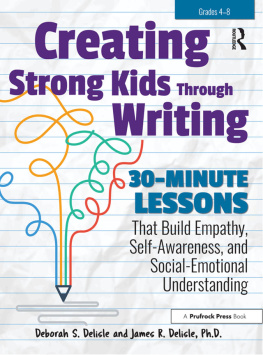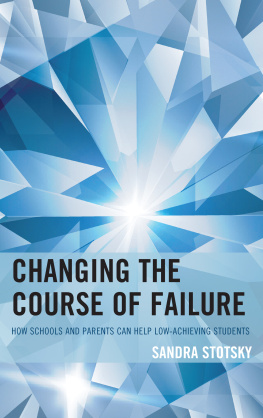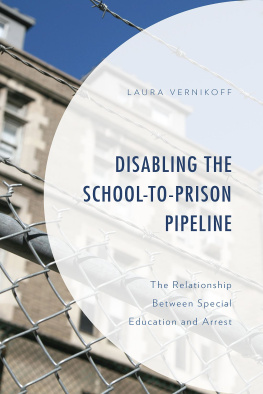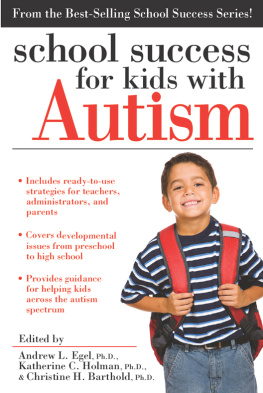Advance Praise for Undoctrinate
For too long, educators across America have relied on the ignorance of parents to indoctrinate students as young as five with one-sided and, now, divisive ideas. That is why Bonnie Snyders Undoctrinate: How Politicized Classrooms Harm Kids and Ruin Our Schoolsand What We Can Do About It could not be more timely. This fair and balanced book details what is truly happening and, in turn, this knowledge empowers us to pursue the right course of action to ensure that our kids receive the best and most comprehensive education possible.
Eli Steele, Filmmaker, Illiterate Revolutionaries
Children are our future, goes the politicians clich, and we may be jeopardizing that future by allowing schools to bully students into ideological conformity, racial reductionism, and tendentious activism. Undoctrinate is a timely and disturbing call to action.
Steven Pinker, Johnstone Professor of Psychology, Harvard University, and the author of Enlightenment Now and Rationality
A BOMBARDIER BOOKS BOOK
An Imprint of Post Hill Press
ISBN: 978-1-64293-912-5
ISBN (eBook): 978-1-64293-913-2
Undoctrinate:
How Politicized Classrooms Harm Kids and Ruin Our Schoolsand What We Can Do About It
2021 by Bonnie Kerrigan Snyder
All Rights Reserved
No part of this book may be reproduced, stored in a retrieval system, or transmitted by any means without the written permission of the author and publisher.


Post Hill Press
New York Nashville
posthillpress.com
Published in the United States of America
Dedicated to parents who stand up for their children
and students who think for themselves
Education ought to foster the wish for truth, not the conviction that some creed is the truth.
Bertrand Russell, 1916
Contents
Something has been happening at the tony Dalton School in New York City since the fall of 2020. A letter circulated anonymously by parents paints the picture:
Every class this year has had an obsessive focus on race and identity, racist cop reenactments in science, de-centering whiteness in art class, learning about white supremacy and sexuality in health class.
In place of a joyful progressive education, students are exposed to an excessive focus on skin color and sexuality, before they even understand what sex is. Children are bewildered or bored after hours of discussing these topics in the new long-format classes.
What Black parent wants the other children to feel sorry for their kid and look at them differently? We have spoken with dozens of families, of all colors and backgrounds, who are in shock and looking for an alternative school for their children.
More than a few enlightened folk may dismiss this as a mere anecdote, especially since Dalton caters to such an elite cohort who are assumed not to have many problems in the grand scheme of things. However, this transmogrification of education into obsessively antiracist cultural reprogramming has become nothing less than a norm nationwide.
It is by no means restricted to elite private institutions: schools public as well as private are being infected by a meme that goes under the name social justice but is actually a new, unintellectual, prosecutorial religion dedicated to decentering whiteness. As I write this in the spring of 2021, I am receiving at least one missive every single day from a parent or teacher appalled at this virus infecting what they once knew as a school that is quickly becoming a struggle session academy.
This new movement is officially titled antiracism, but this word is as euphemistic, foggy, and misleading as that of a department called human resources (human in what sense? What kinds of resources?). The antiracist approach to black kids, for example, is that it is racist to expect them to come up with real answers because precision is white. One of the new movements leading prelates Ibram X. Kendi, in his best-selling testament How to Be an Antiracist , openly derides standardized tests as racist and posits What if we measured intelligence by how knowledgeable individuals are about their own environments? What if we measured intellect by an individuals desire to know? Meanwhile, a document on math education teaches that it is racist to teach math in a linear fashion with skills taught in sequence, to require students to show their work, or to raise their hand before speaking.
In general, this antiracist approach to learning distrusts most of the Western academic heritage as white supremacy. Then, an especially grievous aspect of this new wisdom is the idea that children must be separated by race and taught that whiteness is inherently oppressive while being non-white is definitionally to be oppressed by whiteness.
The people promulgating this ideology are closed to meaningful dialogue, as we see from how often teachers in dissent are simply fired for it. In this excerpt from an article by a top administrator at Riverdale Country School, we see an ideologue confidently asserting this new vision as truth incarnate:
Thus, private schools who find parents unwilling to accept moves toward culturally responsive schooling are free to draw a line in the sand, so to speak, and assert firmly and positively a philosophy of education that is explicitly anti-racist, decolonizing, and culturally affirming. In light of the problematic elements of neoliberal ideology evident in the structures of independent schools, it is not merely a freedom they have to construct their environment in this way, but in fact an obligation.
My two children are white-black biracials, and I shudder at the prospect of them exposed to this horror. At six and nine as I write, living an upper-middle-class existence in a very diverse neighborhood, they process race but dimly at this point. I will not tolerate that their understanding of it constitutes learning that the kind, enlightened whites around them are bad people, and that their essence as brown girls is as victims of white supremacy.
In his own antiracism testament, Ta-Nehisi Coates writes of seeing his child playing easily with white schoolmates and being worried that his child didnt know what white people are capable of. That would have made sense until roughly 1969, but for Coates to have felt this way in the twenty-first century on the Upper West Side of New York City was a feigned battle pose. Yet this new educational movement chimes in with people like Coates (and assigns his writings as text).
These are people under the nave, unthinking misimpression that they are the first humans to have come upon unassailable truth, of a kind that justifies trampling opposition. They are the faceless menace familiar from 1984except they are real. The antiracist commitment strangling Americas educational system, which includes colleges and universities as well, is couched in elaborate verbiage. Too, in involving whites actually voluntarily giving up their power, it is an unprecedented development in human social history. This is part of why its participants are so narcotically devoted to the paradigm. They feel anointed, like people blazing a path towards, well, redemption. They are parishioners amidst a religion.

